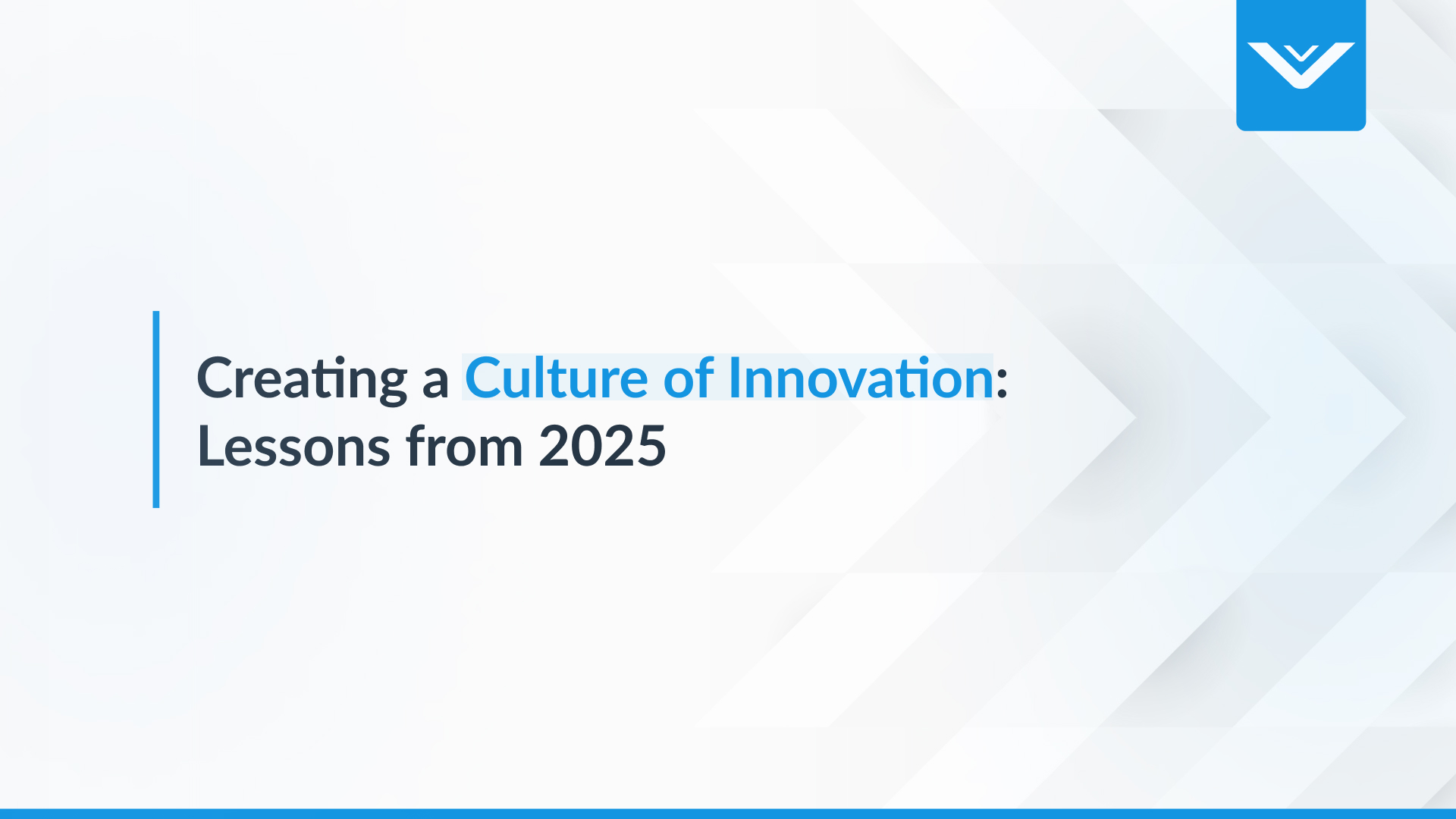

We're spotlighting Aman Khera, VP, Global Head of Regulatory Strategy at Worldwide Clinical Trials. Hear from Aman on her career journey, advice, and insights on new technologies.
Council Spotlight: Aman Khera
Worldwide Clinical Trials is a global, midsize clinical research organization (CRO) that provides top-performing bioanalytical and Phase I-IV clinical development services to the biotechnology and pharmaceutical industries.
Founded in 1986 by physicians committed to advancing medical science, Worldwide’s full-service clinical experience ranges from early phase and bioanalytical sciences through late phase studies, post-approval, and real-world evidence. Major therapeutic areas of focus include cardiovascular, metabolic, neuroscience, oncology, and rare diseases. Operating in 60+ countries with offices in North and South America, Eastern and Western Europe, and Asia, Worldwide is powered by its more than 3,000 employee experts.
As Vice President and Global Head of Regulatory Strategy at Worldwide, Aman Khera offers a deep foundation in regulatory affairs and the life sciences industry, with a strong focus on how strategy and innovation intersect within healthcare. She has taken a deep interest in how technological innovations are disrupting the industry and is particularly passionate about why and how regulations, ethics, and compliance will continue to have a loud voice at the healthcare table while innovative transformations are occurring. Aman is a data privacy and blockchain geek and continues to scan the horizon of regulatory and life sciences transformations across the globe.
Can you give us an abridged story of the journey through your career and how you got to your current role?
I have always been interested in healthcare, business, and science. So, for me, regulatory affairs were the perfect mix. For over twenty-five years, I have been able to build my career on maintaining fastidious patient care coupled with lending my experience and expertise to help companies in the clinical research space. The Huxley Morton podcast is a great podcast where I had the opportunity to share my journey in some detail last year - you can listen to the podcast here.
Innovation means many different things to many different people; what does it mean for you?
To me, innovation means opportunity. Really, innovation can take many forms, such as a refined or new product, an inventive service, a fresh process approach, or even a novel experience. Since I work in the healthcare space, I look carefully at all the transformations taking place and keep a close eye on how they will–or perhaps won’t–become valuable to patients in their healthcare journeys. Innovation means constantly adapting and pivoting based on continual feedback, so there is a strong element of change management with innovation, too.
How do you see the rapid evolution of technology impacting your industry in five years?
I believe the steady evolution of technology in the biopharmaceutical and healthcare space will only continue to grow, and it’s imperative that we pay close attention to its development. For example, I expect that digital health will continue to have a large share in this space, and the use of AI and machine learning will increase alongside the rising flow, availability, and accessibility of data. With these advancements, however, I also see that people are growing more concerned about data privacy and how their data is being used.
I feel that in healthcare and medicine, it’s especially important that people, specifically patients, remain the key drivers. Technology is only a tool that must be used to serve their needs. I’m fascinated with this idea, which is why I’ve been involved in looking at the AI and human rights aspects within the tech industry. Recently I contributed to the “All Tech is Human” report on AI and Human Rights. You can read more about it here.
The saying that culture eats strategy, technology, etc., for breakfast or lunch is well known. Do you agree with that? If so, how do you work on building a better culture at your company?
I’m a big believer. Indeed, culture can eat strategy for breakfast. For that matter, it can eat any other domain as well. Not just strategy, but also technology, healthcare, or innovation. Of course, culture can make or break companies, but you also must consider that the company strategy needs to be right too. The two go hand in hand. In fact, both culture and strategy need to be clearly defined and simply communicated, and there must be measurable goals behind it all.
What is one piece of advice you’d offer the next generation of individuals looking to grow within the technology space as a leader?
Ultimately, technology leaders must always reflect on whether we are making things better for people or worse. That means they must constantly evaluate both challenges and potential solutions by looking at them from many different angles and through many diverse lenses. I’d advise would-be leaders to live by the credo that technologies and advancements are merely tools whose real value only comes when they make people’s lives better.
Do you build in time throughout the year for continuous learning? If so, can you speak to the value of continuously upskilling yourself?
I consider myself a lifelong learner and do think that you’re never too young or too old to learn, in fact, here I am in my forties, embarked and completed an executive MBA that helped me reinforce business skills but also, I learned so much about myself. The journey will continue!
What’s your favorite non-professional activity that you love to do?
I’ve been an avid home renovator over the years. As the least creative person in a household full of creatives, it has been an excellent way for me to explore some creativity! I’m an amateur, of course, but thinking about design aesthetics is thoroughly enjoyable. It’s not just planning but getting involved physically in the renovations. Lately, I’ve been thinking about how I’d want to build a home in a certain style, creating function with the environment.
I’m also always interested in understanding what an individual can do to help themselves in their personal health and wellness journey. For me, that has meant looking into nutrition. I enjoy pottering around in my chef-inspired kitchen and experimenting with different meals. For several years I’ve tried to cook more often from scratch and have found there is something very rewarding about growing food and making meals. Those are some of my most relaxing times!
Interested in joining our Council filled with incredible innovators like Aman? Find out more here.
Spread the word.
Thousands of subscribers receive our newsletter every week breaking down what's happening across the technology community.
Join them today.
Keep Reading
.jpg)
Topic-Focused Innovation Advisory Councils: Year-End Insights
We finished up our 2025 Innovation Advisory Council calendar with three insightful, topic-focused sessions that revealed both the urgency and the opportunity ahead as companies seek to modernize responsibly and create lasting value.


Creating a Culture of Innovation: Lessons from 2025
Creating a culture of innovation means staying curious, supporting teams through uncertainty, and continuously raising the bar for what’s possible. The technology will keep changing. The pace will keep accelerating. But organizations that invest in their people and cultivate the right culture will always find their next summit and the energy to climb it.


.jpg)
